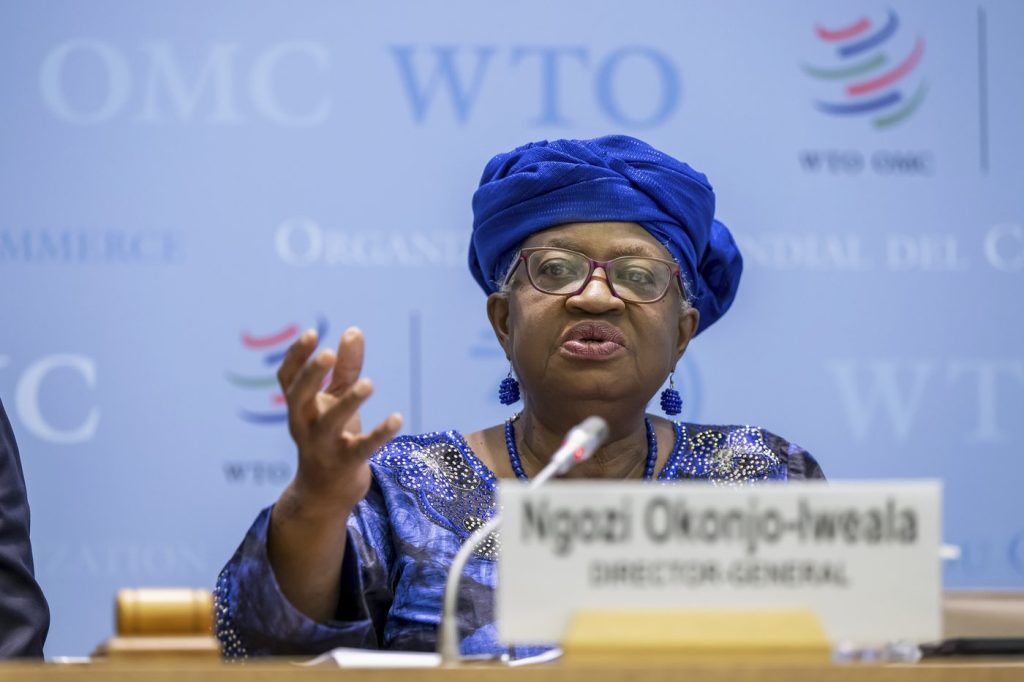The World Trade Organization (WTO) has projected a decline in the global volume of trade in goods by 0.2% for the current year, attributing this downturn to U.S. President Donald Trump’s fluctuating tariff policies and ongoing tensions with China. The situation could worsen significantly if Trump decides to implement his most aggressive "reciprocal" tariffs, which would lead to an estimated 1.5% slump in worldwide trade.
Particularly, the impact on North America is expected to be severe. The WTO forecasts that exports from North America will decrease by 12.6%, while imports are predicted to fall by 9.6% this year, even in the absence of the most stringent tariffs. This alarming projection underscores the potential economic ramifications of the trade war that has emerged from Trump’s administration.
The WTO's analysis is based on the tariff landscape as it stood on a Monday earlier this month. Initially, the organization had anticipated positive growth in global trade for the years 2025 and 2026. However, due to the escalating trade conflict initiated by Trump, the WTO economists have been compelled to significantly revise their forecasts, reflecting a more pessimistic outlook.
Recently, Trump announced a temporary suspension of his harshest tariffs for a period of 90 days, allowing over 70 countries the opportunity to address U.S. trade concerns. Simultaneously, he has escalated taxes on Chinese imports to an extraordinary 145% and has been involved in protracted negotiations regarding tariffs on goods from Canada and Mexico.
Despite this brief pause in tariff implementation, the WTO’s Director-General, Ngozi Okonjo-Iweala, expressed concerns about the lingering uncertainty surrounding trade policies. She indicated that this uncertainty could act as a severe impediment to global economic growth, particularly affecting the most vulnerable economies around the world. The potential ramifications of such trade policy instability are dire and could lead to broader economic challenges.
WTO's chief economist Ralph Ossa echoed these sentiments, emphasizing that simulations reveal trade policy uncertainty significantly dampens trade flows. This dynamic results in reduced exports and weakened economic activity, posing challenges for both businesses and economies worldwide. Ossa also highlighted that tariffs serve as a policy tool with far-reaching and often unforeseen consequences. In the context of escalating trade tensions, a comprehensive understanding of these potential trade-offs is increasingly crucial.
In conclusion, the developments in U.S. tariff policies, specifically under President Trump’s administration, have resulted in a markedly bleak outlook for global trade in goods. The anticipated decline in trade volume, coupled with significant reductions in North American exports and imports, reflects the ongoing complexities of international trade relations. The WTO's findings serve as a critical reminder of the impact of policy uncertainty on economic stability and growth.












